Ontario region switcher
Ontario South (Greater Toronto)
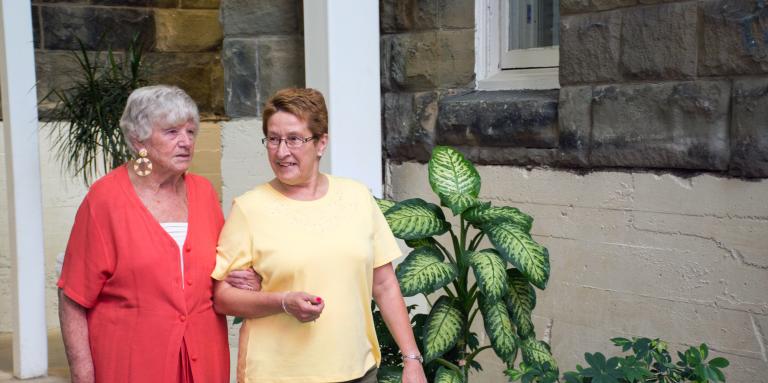
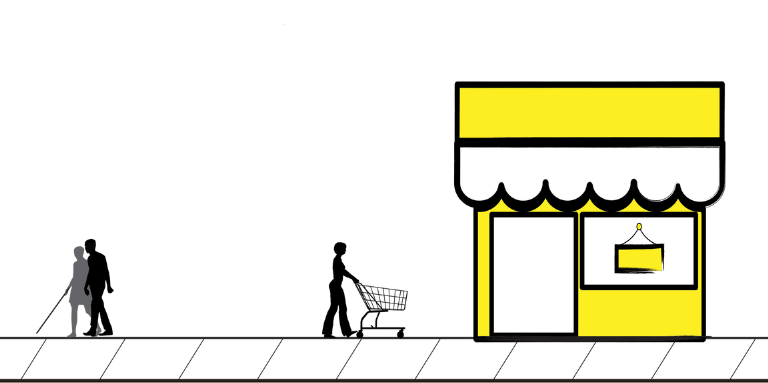
Accessible Communities
The ability to access and enjoy your own community is essential for everyone. Engaging in the many things that our local neighbourhoods offer is vital for the overall wellbeing of all community members, including people who are blind or partially sighted. When places are inaccessible and lack a sense of inclusiveness, everyone misses out.
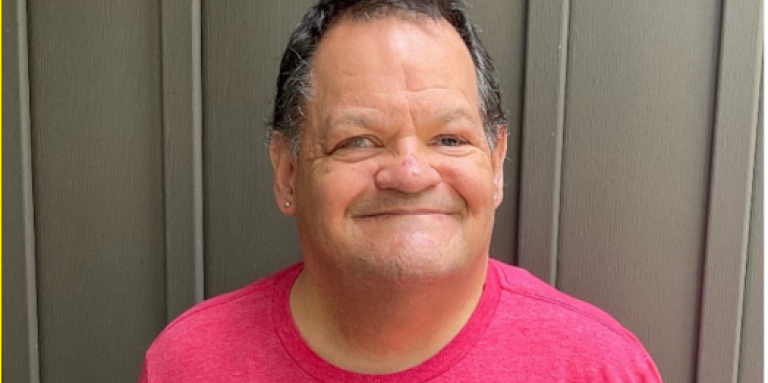
Meet Shawn Johnson
Born in Peterborough, Shawn now lives with his family in Hiawatha First Nations, Ontario. He is First Nations Mississauga Ojibwe and is a Sun Dancer. Shawn lost his sight in 2010 at the age of 50. His first visit to CNIB Lake Joe was in 2013, and he hadn’t missed a year until the pandemic closed in-person camp in 2020.
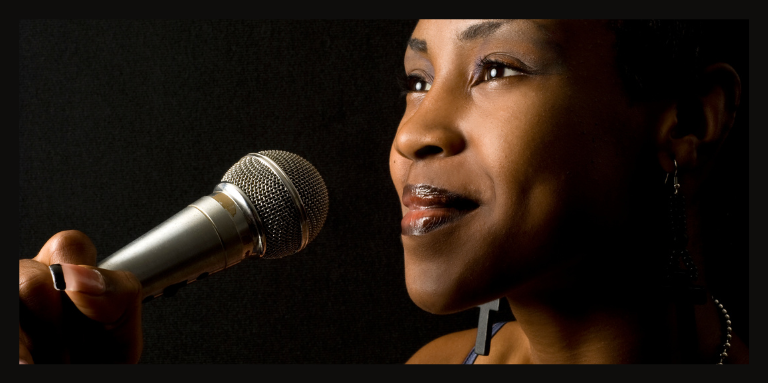
Share your talent: seeking local photographers & entertainers
We’re looking for talented photographers and entertainers with sight loss for our in-person Connecting the Dots events in Toronto and Vancouver!
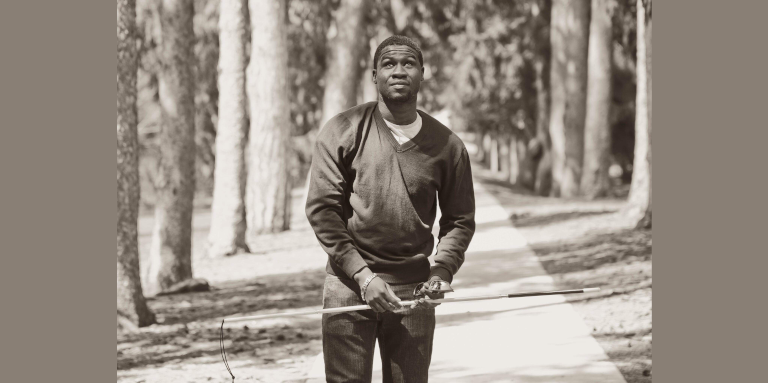
Bernard’s White Cane Story
For many years, Bernard was reluctant to use the cane or be connected with the sight loss community because he was afraid of being stigmatized. Now his cane is a source of pride and as a Ghanian Canadian he uses it to advocate for other causes like Black Lives Matter.

Julia’s White Cane Story
Julia shares with us her experiences as an active person who uses a wheelchair as well a cane, and what drives her passion for educating younger people on what her white cane means.

Ramla’s White Cane Story
Ramla was born in Somalia and began her white cane journey in Canada. She realized that if she wanted to live an independent life, she would need to use a cane. Now as an avid cane user she brings awareness to others.

Jason’s White Cane Story
Jason was a long-haul truck driver in Manitoba before he lost his sight suddenly. He spoke to us about how he learned to use a cane virtually and adjusted to life as a cane user during the COVID-19 pandemic.
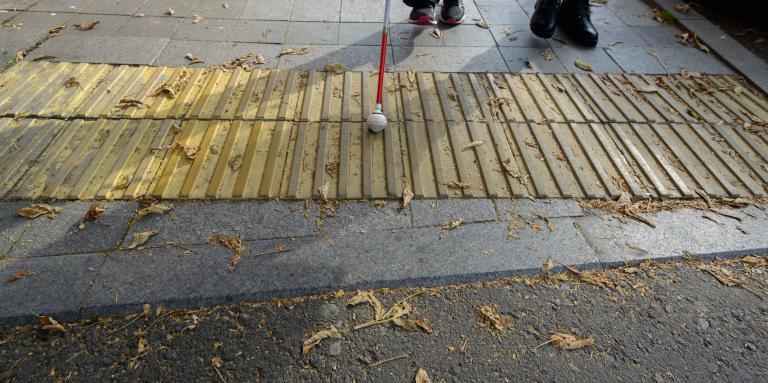
About the White Cane
There are different types of white canes used by Canadians who are blind or partially sighted. Learn more about what they are and how they are used.
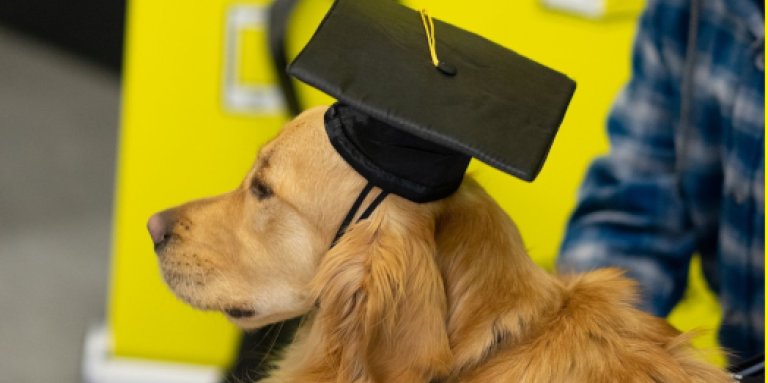
Class of 2022
As part of CNIB Guide Dogs' class of 2022, 16 Canadians who are blind or partially sighted are graduating with their guide dogs on International Guide Dog Day (April 27) after completing intensive training.

Via Rail Canada
Founded in 1977, VIA Rail Canada connects and unites cities and people by offering passenger rail services from coast to coast to coast. Every day, VIA Rail Canada strives to provide a safe, accessible, efficient, reliable, and sustainable travel experience that meets the needs of Canadian passengers.